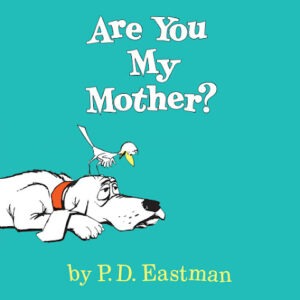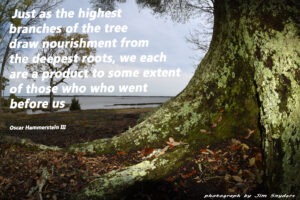Silly question. Of course, you do. The question reminds me of a book I had as a child called Are You My Mother by P.D. Eastman. A bird hatches from his egg without Mama Bird in the nest, so he goes about the task of fluttering down to the ground and asking different animals if they are his mother.

But when I asked the question Do You Know Who You Are, I’m thinking more in the context of where you came from, who your people are and were. Not who is your mother, but who are all your people. Somehow knowing our ancestors and identifying with them can be very healing.
In the 21st century, genealogy has become one of the most popular hobbies, and I doubt it’s just because people want to gather names, dates, and places for charts. People want to know where they came from and what their stories are, where their strengths came from, and who they look like.

I wrote a short story about an 1860s North Carolina man of Scottish lineage, whose family had been in America for a couple of generations (as mine had). As I studied the language of these folks, I realized many of the phrases and word choices had come down further generations and even into my own home, 8 to 10+ generations down. Language is an interesting thing and can make novel writing that much more believable and fuller.
A couple of times, I’ve read the book Writing Down the Bones by Natalie Goldberg. It was written in the 80’s but still very appropriate for now, and probably for always. It’s written for writers, but even if you’re a journal-er, I think you’d enjoy it. There are a couple of quotes I thought I’d share.
“It is very important to go home if you want your work to be whole. You don’t have to move in with your parents again and collect a weekly allowance, but you must claim where you come from and look deep into it. Come to honor and embrace it, or at least, accept it… But don’t go home so you can stay there. You go home so you can be free; so you are not avoiding anything of who you are.”
Doesn’t that bring to mind all kinds of thoughts and feelings? –Hopefully those toward healing.
Here’s another quote by Natalie Goldberg that I love and used as my epigraph in Unacknowledged:
“We hear about people who go back to their roots. That is good, but don’t get stuck in the root. There is the branch, the leaf, the flower—all reaching toward the immense sky. We are many things…In the ability to connect with one people lies the chance to feel compassion for all people…In knowing who you are and writing from it, you will help the world by giving it understanding.”
Profound! I think you can replace “writing” in that last sentence with “acting,” as in the form of action (not play acting).
To continue this discussion, see my posts about Ethnicities and Epigenetics.
